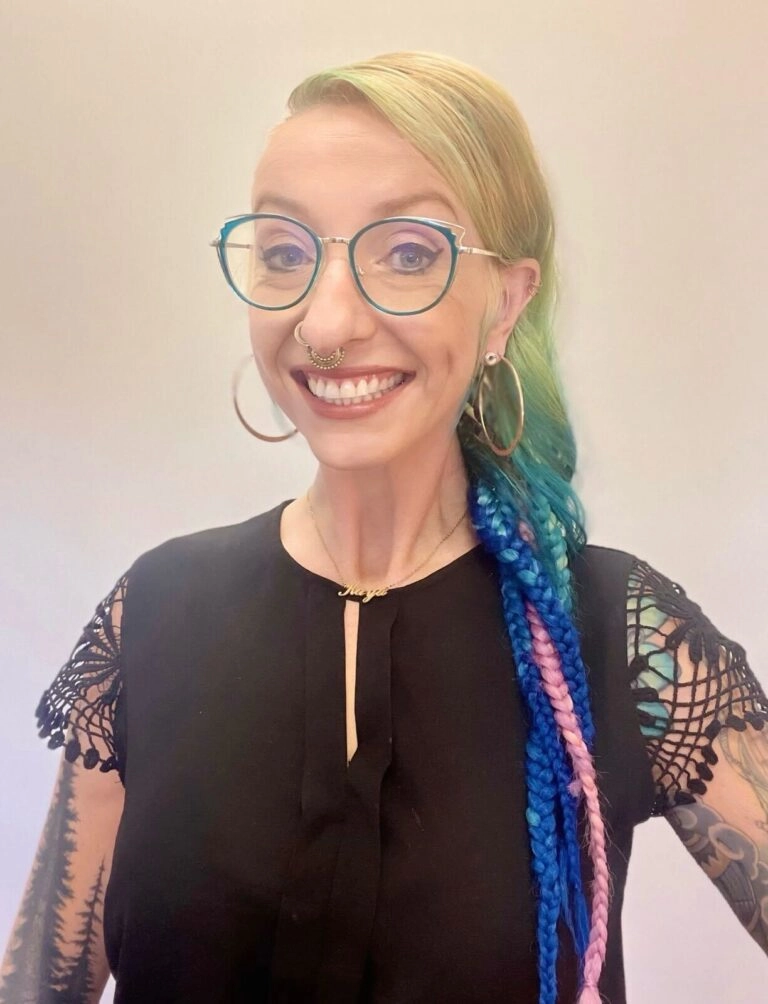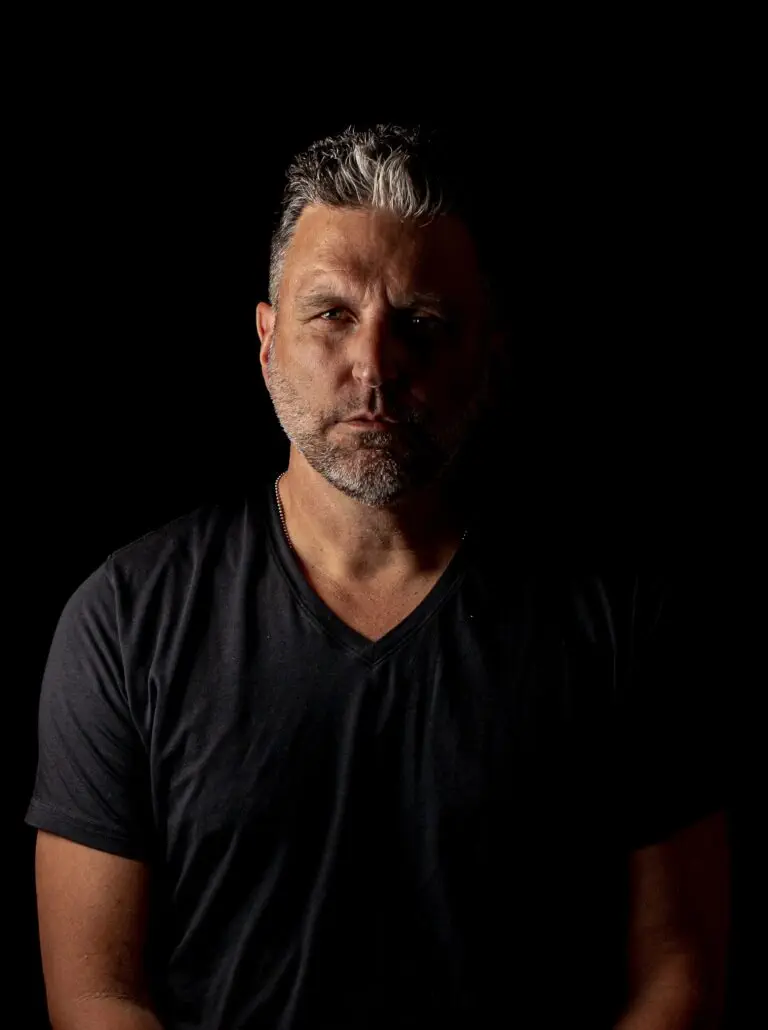“When your healthy self is strong enough to deal with all that comes your way in life, your eating disorder self will no longer be useful or necessary.” – Carolyn Costin
TreatmentWhile often misunderstood and unfairly perceived, eating disorders are often serious and can even be fatal. These conditions can have devastating effects on both physical and mental health, affecting daily functioning and overall quality of life. Maui Recovery, emphasizing holistic well-being, offers a range of therapeutic interventions that can help you heal the root of your food issues.
What Are the Types of Eating Disorders?
Eating disorders are complex mental health conditions characterized by abnormal eating habits and distorted attitudes toward food, weight, and body image. There are several types of eating disorders, each with its own distinct symptoms and characteristics. The most common types of eating disorders include:
Anorexia Nervosa
Anorexia nervosa is characterized by an intense fear of gaining weight and a distorted body image, leading to extreme calorie restriction and often excessive exercise. Individuals with anorexia may severely restrict their food intake, leading to significant weight loss, despite being underweight. They may also engage in behaviors such as compulsive exercising, purging, or the use of laxatives or diuretics.
Bulimia Nervosa
Bulimia nervosa involves episodes of binge eating followed by compensatory behaviors to rid the body of the consumed calories, such as self-induced vomiting, misuse of laxatives or diuretics, fasting, or excessive exercise. Unlike anorexia, individuals with bulimia may maintain a relatively normal weight or fluctuate between weight extremes.
Binge Eating Disorder
Binge eating disorder is characterized by recurrent episodes of uncontrollable binge eating, during which individuals consume large quantities of food in a short period and feel a lack of control over their eating behavior. Unlike bulimia, there are no regular compensatory behaviors, such as purging, fasting, or excessive exercise. People with BED often experience feelings of guilt, shame, or distress following binge episodes.
What Are the Symptoms of an Eating Disorder?
The symptoms of eating disorders can vary depending on the specific type of disorder, but some common signs and symptoms include:
- Preoccupation with food, weight, and body image: Constantly thinking about food, calories, dieting, weight, or appearance.
- Restrictive eating patterns: Eating very little food, skipping meals, or following strict diets to lose weight.
- Binge eating: Consuming large amounts of food in a short period, often feeling out of control during these episodes.
- Compensatory behaviors: Engaging in purging behaviors such as self-induced vomiting, misuse of laxatives, diuretics, or enemas, or excessive exercise to compensate for eating.
- Fear of weight gain: Having an intense fear of gaining weight despite being underweight or at a healthy weight.
- Body dissatisfaction: Being highly dissatisfied with one’s body shape, size, or weight, and striving for an unrealistic or unhealthy body image.
- Distorted body image: Perceiving oneself as overweight or obese, even when significantly underweight.
- Social withdrawal: Withdrawing from social activities that involve food or eating with others, due to fear of judgment or scrutiny.
- Physical symptoms: Experiencing physical signs such as rapid weight loss or fluctuations, fatigue, dizziness, weakness, frequent fluctuations in body weight, constipation, abdominal pain, irregular menstruation, dental issues (e.g., erosion of tooth enamel from vomiting), and electrolyte imbalances.
- Psychological symptoms: Experiencing mood swings, irritability, anxiety, depression, or obsessive-compulsive tendencies related to food, eating, or body image.
- Secrecy and hiding behaviors: Hiding food, eating in secret, or avoiding eating in public to conceal disordered eating habits.
- Rigid food rituals: Developing rigid rules or rituals around food, such as cutting food into small pieces, eating foods in a specific order, or avoiding certain food groups altogether.
It’s important to note that not everyone with an eating disorder will display all of these symptoms, and the severity of symptoms can vary significantly from person to person.
Additionally, individuals may experience fluctuations in symptoms over time. If you or someone you know is experiencing symptoms of an eating disorder, it’s essential to seek professional help from a healthcare provider or mental health specialist. Early intervention and treatment can significantly improve the chances of recovery and minimize the potential health risks associated with eating disorders.
How We Treat Disordered Eating
Maui Recovery offers comprehensive eating disorder treatment programs. Our programs are tailored to address all types of disordered eating, providing individuals with the support and resources needed to achieve lasting recovery.
Our approach to eating disorder treatment is holistic, integrating evidence-based therapies, experiential activities, and a supportive community environment to address the underlying causes and challenges associated with disordered eating.
Personalized Treatment Plans
We recognize that eating disorders are complex and multifaceted conditions that require personalized care. Our team of experienced clinicians and therapists collaborates with each individual to develop a customized treatment plan tailored to their unique needs, goals, and challenges.
Evidence-Based Therapies
We utilize a range of evidence-based therapies, including cognitive-behavioral therapy (CBT), dialectical behavior therapy (DBT), and mindfulness-based approaches, to address the underlying thoughts, emotions, and behaviors driving disordered eating patterns.
Nutritional Counseling
Our registered dietitians provide individualized nutritional counseling and education to help individuals develop a healthier relationship with food, learn balanced eating habits, and address any nutritional deficiencies or imbalances resulting from their eating disorder.
Body Image Therapy
We offer specialized therapy focused on improving body image and self-esteem, helping individuals develop a more positive and compassionate relationship with their bodies and cultivate a healthy sense of self-worth beyond physical appearance.
Experiential Activities
Our program incorporates experiential activities such as art therapy, yoga, equine-assisted therapy, and outdoor adventures, providing opportunities for self-expression, mindfulness, and self-discovery in a supportive and nonjudgmental environment.
Supportive Community Environment
Our Hawaii residential treatment setting fosters a supportive community environment where individuals feel accepted, understood, and supported by their peers and treatment team. Group therapy sessions, peer support groups, and family therapy help individuals connect with others who understand their struggles and provide mutual support and encouragement.
Aftercare Planning
We place a strong emphasis on aftercare planning to ensure individuals have the support and resources they need to maintain their recovery beyond treatment. Our team works closely with individuals to develop a comprehensive aftercare plan that may include ongoing therapy, support groups, and resources for continued self-care and recovery maintenance.
Learn More About Eating Disorder Treatment in Hawaii
Maui Recovery offers a compassionate and comprehensive approach to eating disorder treatment, empowering individuals to heal, grow, and reclaim their lives from the grips of their eating disorder. If you or someone you know is struggling with an eating disorder, we are here to help. Contact us today to learn more about our eating disorder treatment program and begin the journey to recovery.

















